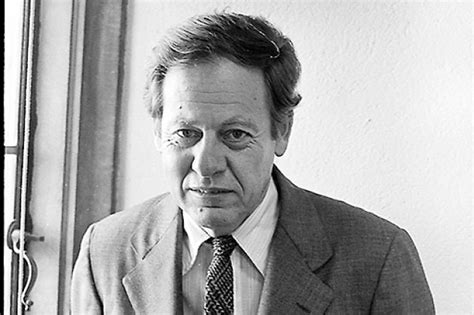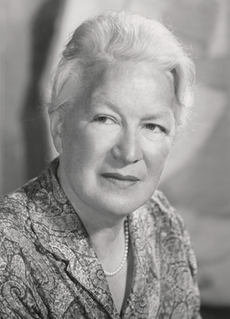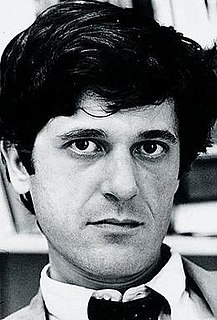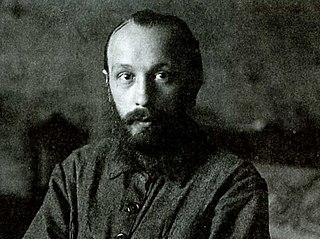A Quote by Paul de Man
The writer's language is to some degree the product of his own action; he is both the historian and the agent of his own language.
Related Quotes
As the base rhetorician uses language to increase his own power, to produce converts to his own cause, and to create loyal followers of his own person - so the noble rhetorician uses language to wean men away from their inclination to depend on authority, to encourage them to think and speak clearly, and to teach them to be their own masters.
So, then, the best of the historian is subject to the poet; for whatsoever action or faction, whatsoever counsel, policy, or war-stratagem the historian is bound to recite, that may the poet, if he list, with his imitation make his own, beautifying it both for further teaching and more delighting, as it pleaseth him; having all, from Dante’s Heaven to his Hell, under the authority of his pen.
Some feminist critics debate whether we take our meaning and sense of self from language and in that process become phallocentric ourselves, or if there is a use of language that is, or can be, feminine. Some, like myself, think that language is itself neither male nor female; it is creatively expansive enough to be of use to those who have the wit and art to wrest from it their own significance. Even the dread patriarchs have not found a way to 'own' language any more than they have found a way to 'own' earth (though many seem to believe that both are possible).
I believe that we must use language. If it is used in a feminist perspective, with a feminist sensibility, language will find itself changed in a feminist manner. It will nonetheless be the language. You can't not use this universal instrument; you can't create an artificial language, in my opinion. But naturally, each writer must use it in his/her own way.
Sometimes language gets in the way of the story's feelings. The reader finds himself experiencing the language of the story rather than the story. The words sit there on the page like coins, with their own opacity, as though they're there for their own sake. "A man goes into a phone booth, stirring coins in his palm." "Stirring" is such an obviously selected word. You can feel the writer looking for the word as he sat at the typewriter.
It becomes 'one's own' only when the speaker populates it with his own intentions, his own accent, when he appropriates the word, adapting it to his own semantic and expressive intention. Prior to this moment of appropriation, the word does not exist in a neutral and impersonal language (it is not, after all, out of a dictionary that the speaker gets his words!), but rather it exists in other people's mouths, in other people's contexts, serving other people's intentions: it is from there that one must take the word, and make it one's own



































